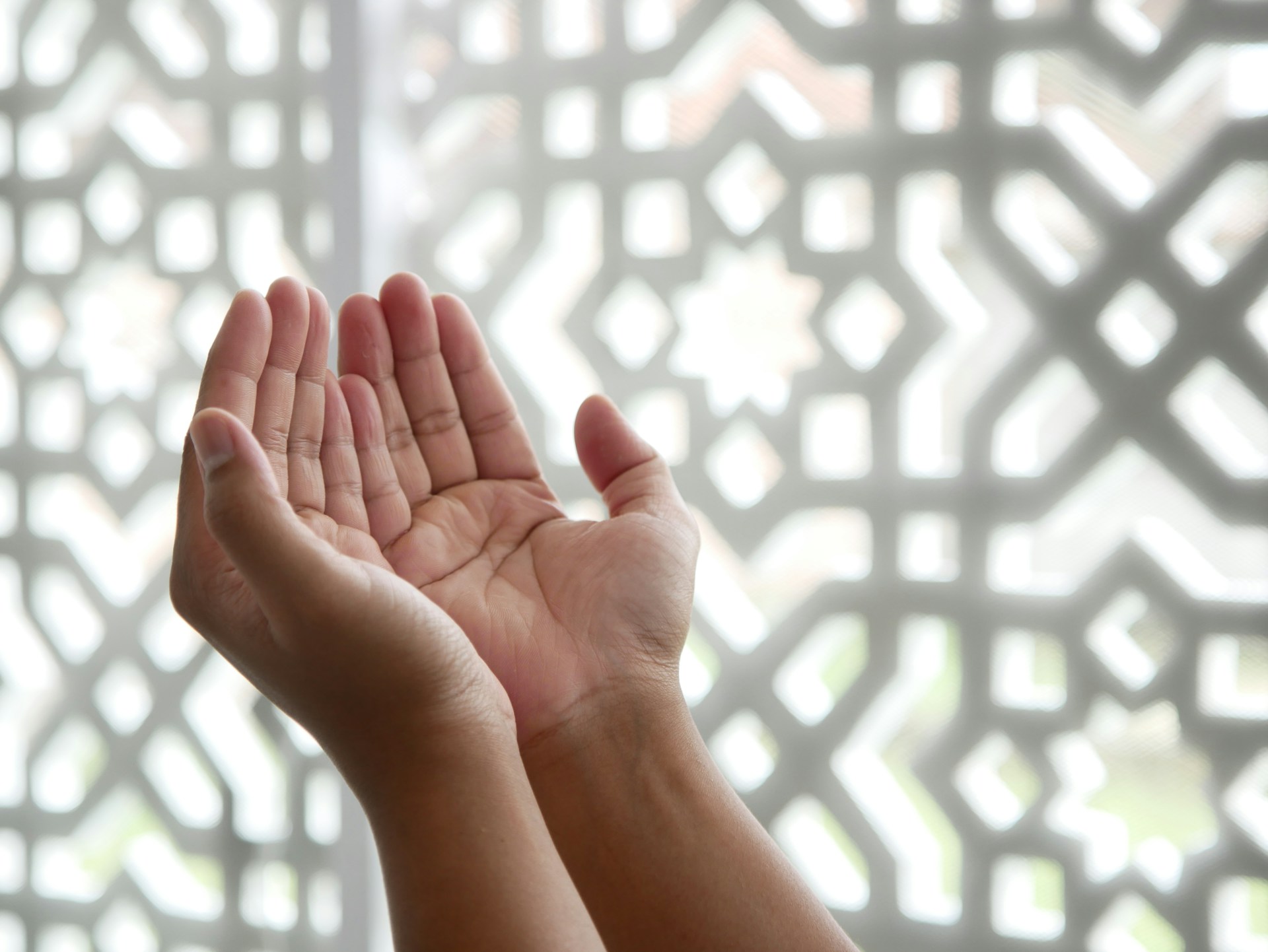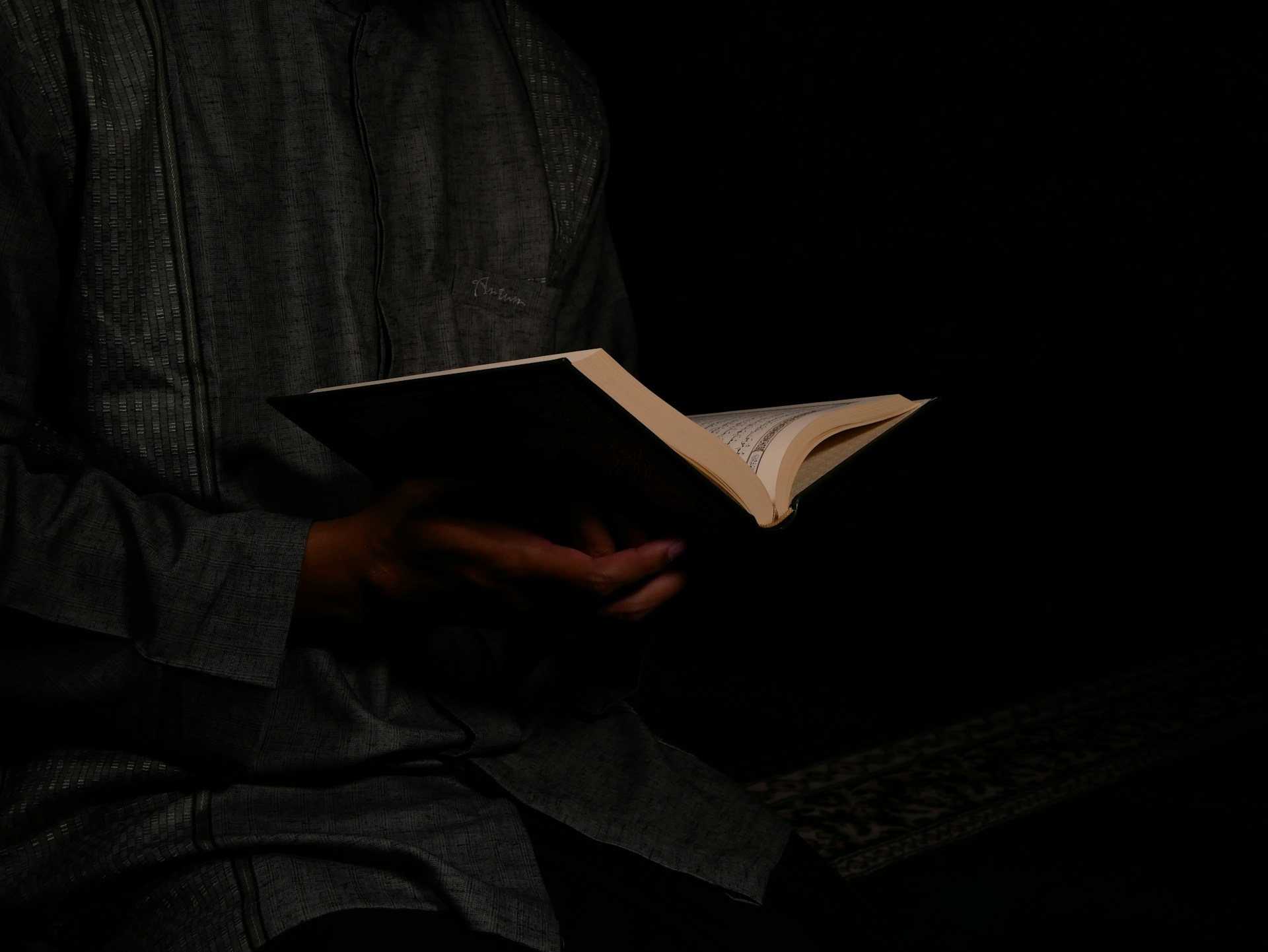Please allow 1–2 minutes tolerance
We're still in development!
Some features and content are not yet complete.


Say

Night Schedule
How we Calculate the Times
IslamicNight.com is built to help Muslims engage more with the night — a time rich in spiritual opportunity. To offer accurate and meaningful guidance, the platform calculates the Islamic night based on authentic sources and astronomical data.
Technical Basis of Time Calculation
The night begins with sunset (Maghrib) and ends with the nautical twilight (Fajr). These times are automatically detected using geolocation. The website uses your IP address to estimate your location, retrieves latitude and longitude coordinates, and sends them to the public Sunrise-Sunset API. This API returns the sunset, sunrise, and nautical twilight times in UTC, which are then converted to your local time.
Phases of the Night
The night is traditionally divided into three equal thirds. This division is derived from the hadith literature and serves to define the ideal times for night worship:
“Our Lord, the Blessed and the Exalted, descends every night to the lowest heaven when one-third of the latter part of the night is left, and says: Who supplicates Me so that I may answer him? Who asks Me so that I may give to him? Who asks Me forgiveness so that I may forgive him?”
— Prophet Muhammad ﷺ
The night is often divided into sixths to determine key times like midnight and Suhoor:
To better understand the significance of each night, please visit our Night Guide.
Why Nautical Twilight Marks the End of the Night
The time of Fajr — the end of the Islamic night — is marked by the first true light of dawn, which is known as Fajr al-Sadiq. This coincides with nautical twilight in astronomy, when the sun is about 12 degrees below the horizon and the first horizontal light begins to appear clearly in the sky.
This is distinct from Fajr al-Kadhīb (the "false dawn"), which appears vertically in the sky and fades shortly after. The Prophet ﷺ warned against confusing the two:
“Do not let the Adhan of Bilal prevent you from your Sahar, nor the drawn out Fajr, but the Fajr that spreads on the horizon.”
— Prophet Muhammad ﷺ
For this reason, IslamicNight.com uses nautical twilight as the precise point to mark the beginning of Fajr and the end of the night. To understand why nautical twilight accurately corresponds to the true Fajr (al-Fajr al-Sadiq), we recommend watching this detailed explanatory video.
Conclusion
IslamicNight.com blends precise astronomical data with authentic Islamic guidance to divide and visualize the night into its most spiritually significant moments — from Maghrib to Suhoor, Fajr to Shuruq — giving every believer the tools to make the most of each night.